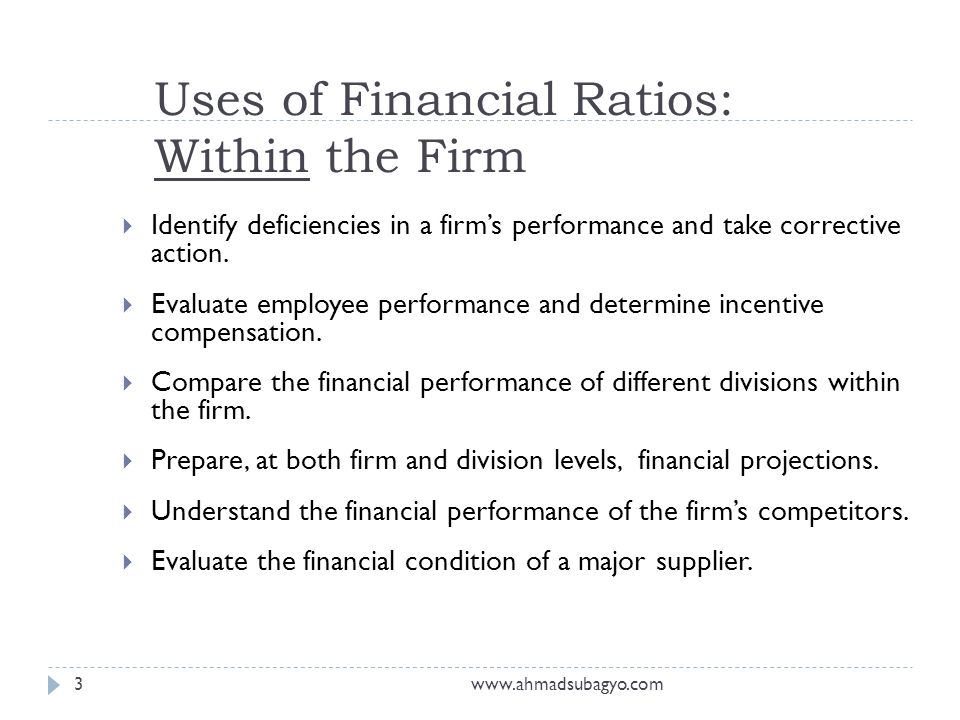Contents
Merchant banking is a professional service provided by the merchant banks to their customers considering their financial needs, for adequate consideration in the form of fee. Merchant banks are banks that conduct fundraising, financial advising and loan services to large corporations. Merchant banker first makes an appraisal of the project to satisfy that it is viable b. He ensures that the project adheres to the guidelines for financing industrial projects.
Consultancy denotes providing advice, guidance, and service for remuneration. It involves the provision of a wide range of services that help businesses from its inception to successful operations to winding up the business. Anyone can be a merchant banker as long as they have all the requirements necessary for the position. Some would require applicants to have a bachelor’s degree that is related to banking while others require experience in the same field. Others may require a certain license in order to become a merchant banker.

It comprised of merchant bankers who intermediated or assisted in financing the transactions of other traders and their very own trade too. With the passage of time the practices in evolved and the service provider banking within the modern period began from London where the merchants began to finance https://1investing.in/ the international commerce through acceptance of bill. It is not necessary for a merchant banker to carry out all the above mentioned activities. A merchant banker may specialise in one activity, and take up other activities, which may be complementary or supportive to the specialized activity.
Merchant Bank Vs Commercial Bank
Some merchant banking companies have entered into collaboration with merchant bankers of foreign countries abroad with several branches. Credit Syndication refers to obtaining of loans from single development finance institution or a syndicate or consortium. Merchant Banks help corporate clients to raise syndicated loans from commercials banks.

They also handle the public problem of companies, give recommendation on the timing, measurement and worth of the public points, and help to appoint brokers and underwriters. You can also contract the merchant bankers for problem administration and for advisory providers. While service provider banks have interaction in worldwide financing actions, investment banks are concerned with underwriting and issuance of securities.
More Under SEBI
They typically work with companies that may not be massive sufficient to boost funds from the general public via an initial public offering . Merchant banks help corporations problem securities by way of personal placement, which require much less regulatory disclosure and are offered to stylish investors. A merchant financial institution is an organization that conducts underwriting, loan companies, monetary advising, and fundraising companies for big companies and excessive internet price people. Unlike retail or business banks, service provider banks do not provide providers to the general public. They do not present regular banking providers like checking accounts and do not take deposits. In the nineteenth century, the rise of commerce and trade in the US led to powerful new non-public merchant banks, culminating in J.P.
For example, if a person wishes to open a personal savings account, they cannot do so with merchant banks. Also, if a person wants to get assistance on large public offerings, merchant banks cannot assist them. A Merchant Bank is a nebulous definition and can mean slightly different things based on location and size. When compared to Private Equity, however, Merchant Banking often means a hybrid institution that may have a dedicated fund but also provides additional services, such as investment banking advisory.
- Some would require applicants to have a bachelor’s degree that is related to banking while others require experience in the same field.
- Merchant banking provides financial and advisory services to businesses.
- A good merchant bank, well equipped, comes up with creative solutions to boost growth.
- Merchant banks offer a wide range of extra services, such as marketing and investment.
- After verifications of the project, the Merchant Banker arranges for a preliminary meeting with financial institution.
Merchant banks are limited to providing services and counseling to certain people. They would also require specific documents from their clients to prove that they are covered within the scope of clients any merchant bank can assist. •Equity research and investment counseling –merchant banker plays an important role in providing equity research and investment counseling because the investor is not in a position to take appropriate investment decision. Venture Capital is a kind of capital requirement which carries more risks and hence only few institutions come forward to finance. The merchant banker looks in to the technical competency of the entrepreneur for venture capital finance.
Banking Instruments & Banking Transactions
Generally Merchant Banking provides funds to the multi-national businesses, large businesses and industries. The offer document shall be finalised on the basis of complaints received and observation by SEBI. Just upload your form 16, claim your deductions and get your acknowledgment number online.
Although different banks have different requirements, all of them will require training for their employees to be familiar with the job. With the help of this training, anyone will be able to become a merchant banker. However, having a background define merchant banking and explain its functions in banking and their services will be an advantage since it will be easier and faster for them to understand the job. Basically, not everyone can avail of services from merchant banks but are only limited to small and medium scale businesses.
Merchant banks tend to give attention to small-scale firms by offering creative equity financing, bridge financing, mezzanine financing, and a number of highly delineated corporate credit score products. Merchant banks could also be concerned in issuing letters of credit, internationally transferring funds, and consulting on trades and trading expertise. These banks earn money from charges as a result of they provide advisory and other related services to their purchasers.
Even besides all the issues the merchant bankers involved did their pre and post-issue duties diligently. The offer letter of the IPO got accepted by SEBI and the public issue was a hit. This showed how important the role of the merchant banker is and how proper due diligence can be beneficial for everyone. The allotment of such shares should be in such a way that the minimum allotment would be equal to the minimum application size as determined and disclosed in the offer document. The merchant banks are engaged in international financing activities whereas the investment banks are concerned with underwriting and issuance of securities.

Merchant banks deal primarily with small businesses or start-ups that consider it challenging to collect funds. But in case of funding banks, there are only some banks or institutions that provide trade financing services to purchasers. The service provider banks are engaged in worldwide financing actions whereas the funding banks are involved with underwriting and issuance of securities. Merchant financial institution aims at fulfilling the advisory requirements of big enterprise ventures and excessive web price people. It offers financing companies to multinational firms and in addition looks after the administration of currency exchange whenever the funds are transferred. It also assists corporations in issuing securities utilizing non-public placements, which do not require adherence to the authorized formalities as in the case of preliminary public offering .
Merchant banker is obligated to submit a due diligence certificate along with a Draft offer document to SEBI. Merchant banking helps in reinforcing the economic development of the country, by acting as a source of funds and information to the business entities. However, in terms of geographical aspects, the scope of Merchant banking is international.
- Share this post on -
Merchant bank is related to the primary market whereas the commercial markets are more into secondary markets. Any person can open a bank account in the commercial bank whereas it cannot be done in the merchant bank. Besides its traditional focus on the Indian market, today’s merchant sector is expanding. Such as wealth management, investment advisory, and credit card processing. It has already gained a large following among high-net-worth corporations in the country.
In short, merchant banking involves servicing any financial need of the client. The word ‘merchant banking’ was originated among the Dutch and Scottish traders. Later on it was developed and professionalised in the UK and the USA. Understanding merchant banking will help to understand its importance in the financial system.
It was when British firms started providing financing to Indian companies. Firms use their relationship with banks to get better terms and securitizations on loans. This allows them to reduce the company’s total costs while meeting its commitments.
These banks are specialists in worldwide trade, which makes them specialists in coping with multinational companies. A merchant banker normally refers to a agency or organization involved in all elements of issue management. Traditional service provider banks primarily carry out international financing and underwriting actions. These might embrace, but aren’t limited to, international corporate investing, foreign actual estate investment, commerce finance, and the facilitation of international transactions.
Under the Public sector, there are three categories which include commercial banks, financial institutions, and state institutions. These are banks that cater to the general public and most anyone can do any transactions with these banks. An investment bank is a fee based institution that earns income from interest, lease rentals and services provided.
The issuer company can also appoint authorized collection agents in consultation with the Lead Merchant Banker subject to necessary disclosures including the names and addresses of such agents made in the offer document. During the twentieth century, nevertheless, the monetary world started to outgrow the resources of family-owned and different forms of personal-fairness banking. For the same reasons, merchant banking actions turned just one area of interest for contemporary banks. Functions Of Merchant Banks • Credit Syndication – Credit Syndication refers to obtaining of loans from single growth finance institution or a syndicate or consortium.


